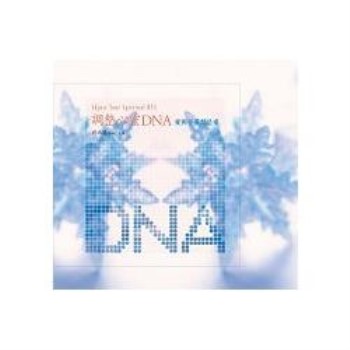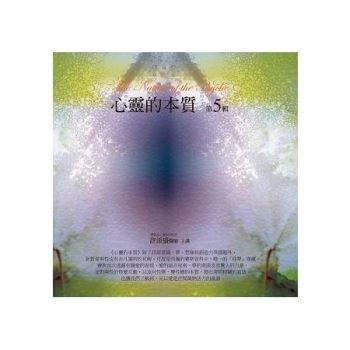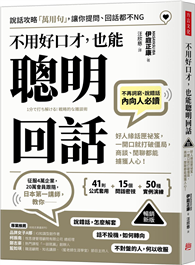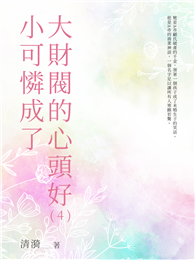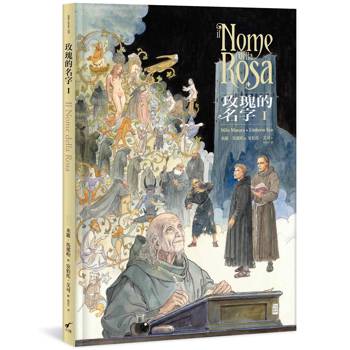| FindBook |
有 1 項符合
History of King Charles the Second of England的圖書 |
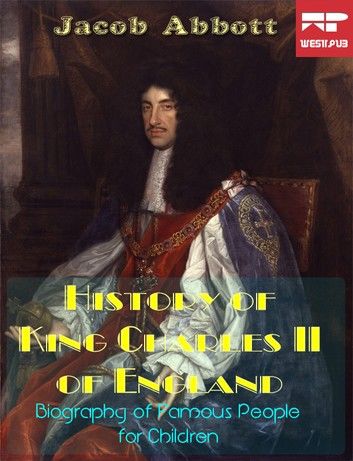 |
History of King Charles the Second of England 作者:Jacob Abbott 出版社:WestPub 出版日期:2012-11-11 語言:英文 |
| 圖書館借閱 |
| 國家圖書館 | 全國圖書書目資訊網 | 國立公共資訊圖書館 | 電子書服務平台 | MetaCat 跨館整合查詢 |
| 臺北市立圖書館 | 新北市立圖書館 | 基隆市公共圖書館 | 桃園市立圖書館 | 新竹縣公共圖書館 |
| 苗栗縣立圖書館 | 臺中市立圖書館 | 彰化縣公共圖書館 | 南投縣文化局 | 雲林縣公共圖書館 |
| 嘉義縣圖書館 | 臺南市立圖書館 | 高雄市立圖書館 | 屏東縣公共圖書館 | 宜蘭縣公共圖書館 |
| 花蓮縣文化局 | 臺東縣文化處 |
|
|
Charles II (29 May 1630 – 6 February 1685) was king of England, Scotland, and Ireland.
Charles II's father, King Charles I, was executed at Whitehall on 30 January 1649, at the climax of the English Civil War. Although the Parliament of Scotland proclaimed Charles II King of Great Britain and Ireland in Edinburgh on 6 February 1649, the English Parliament instead passed a statute that made any such proclamation unlawful. England entered the period known as the English Interregnum or the English Commonwealth, and the country was a de facto republic, led by Oliver Cromwell. Cromwell defeated Charles at the Battle of Worcester on 3 September 1651, and Charles fled to mainland Europe. Cromwell became virtual dictator of England, Scotland and Ireland. Charles spent the next nine years in exile in France, the United Provinces and the Spanish Netherlands.
A political crisis that followed the death of Cromwell in 1658 resulted in the restoration of the monarchy, and Charles was invited to return to Britain. On 29 May 1660, his 30th birthday, he was received in London to public acclaim. After 1660, all legal documents were dated as if Charles had succeeded his father as king in 1649.
Charles's English parliament enacted laws known as the Clarendon Code, designed to shore up the position of the re-established Church of England. Charles acquiesced to the Clarendon Code even though he himself favoured a policy of religious tolerance. The major foreign policy issue of Charles's early reign was the Second Anglo-Dutch War. In 1670, Charles entered into the secret treaty of Dover, an alliance with his first cousin King Louis XIV of France. Louis agreed to aid Charles in the Third Anglo-Dutch War and pay Charles a pension, and Charles secretly promised to convert to Roman Catholicism at an unspecified future date. Charles attempted to introduce religious freedom for Catholics and Protestant dissenters with his 1672 Royal Declaration of Indulgence, but the English Parliament forced him to withdraw it. In 1679, Titus Oates's revelations of a supposed "Popish Plot" sparked the Exclusion Crisis when it was revealed that Charles's brother and heir (James, Duke of York) was a Roman Catholic. The crisis saw the birth of the pro-exclusion Whig and anti-exclusion Tory parties. Charles sided with the Tories, and, following the discovery of the Rye House Plot to murder Charles and James in 1683, some Whig leaders were killed or forced into exile. Charles dissolved the English Parliament in 1681, and ruled alone until his death on 6 February 1685. He was received into the Roman Catholic Church on his deathbed.
|
